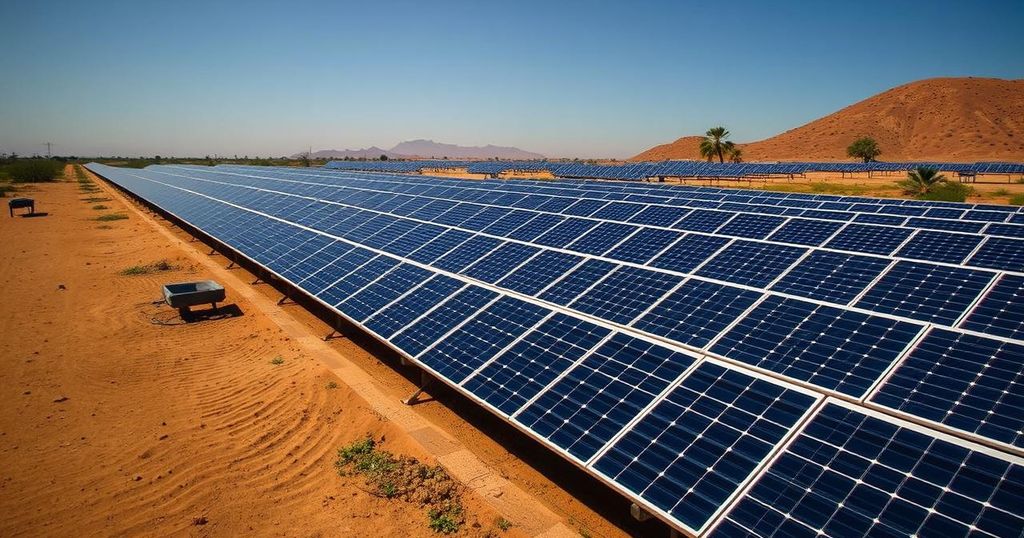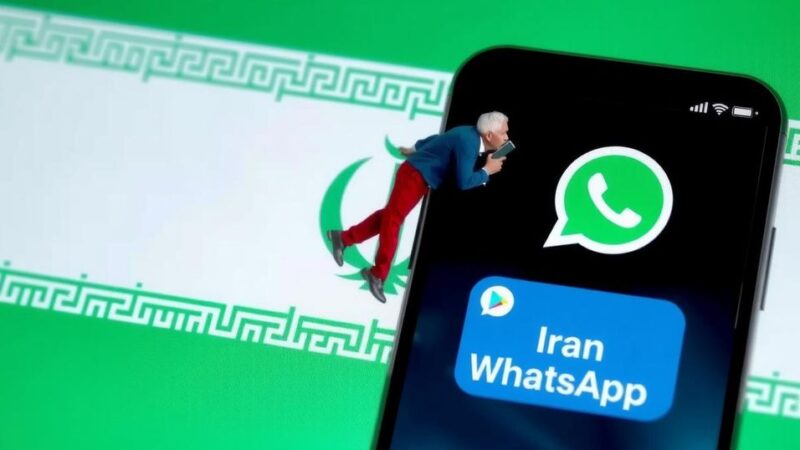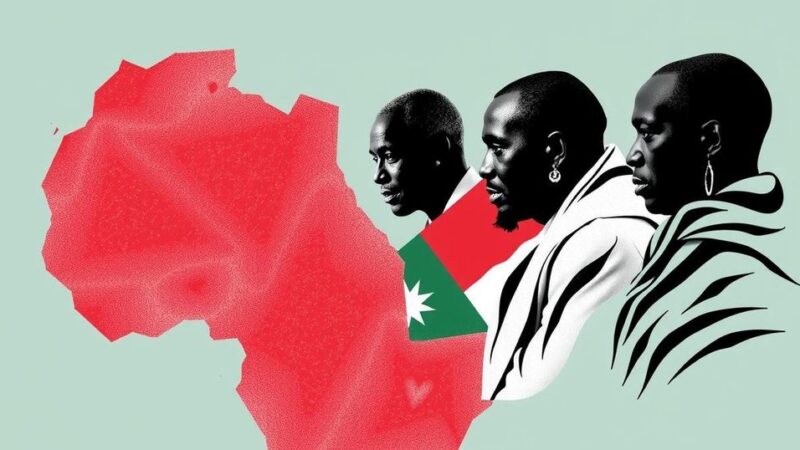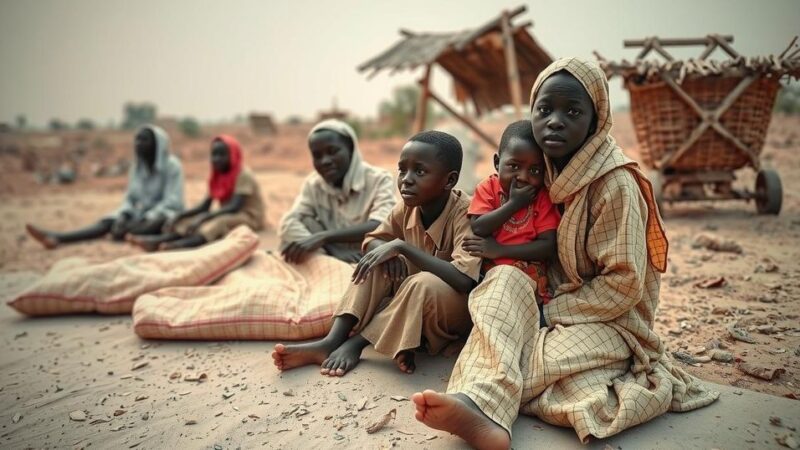Egypt’s new solar power project in Djibouti aims to provide alternative energy sources for the Horn of Africa nation, reducing its reliance on Ethiopia. The project includes the installation of a solar plant with potential for expansion. Economic benefits were stressed during the agreement’s announcement, while geopolitical implications were noted by observers amid ongoing tensions between Egypt and Ethiopia over the Nile.
Egypt has bolstered its relationship with Djibouti through the initiation of a solar power project aimed at providing sustainable energy sources for the Horn of Africa nation, thereby decreasing its energy dependence on Ethiopia. This project, situated in the arid regions of Djibouti, is designed to establish a solar power facility with a potential future capacity expansion to 300 kilowatts. As part of the agreement, Egypt will finance the project and will offer training services to Djiboutian technicians for the operation of the facility. The deal was virtually confirmed by Egypt’s Minister of Energy, Mahmoud Essmat, and Djibouti’s Minister of Energy, Yonis Ali Gued, who focused on economic advancement while notably sidestepping political tensions within the region. The particulars of the project encompass the installation of solar panels in the vicinity of the village of Omar Jaggaa. Alexis Mohamed, an advisor to President Ismail Omar Guelleh, remarked, “The signing on Tuesday of an agreement on the construction of a solar power plant with a capacity of 276.5 kilowatts between Djibouti and Egypt not only marks a step towards a mutually beneficial collaboration between our two countries, but also reaffirms the demands of President Ismail Omar Guelleh, who continues to make the energy issue a national priority in favour of our economic and social development.” While Egypt and Djibouti emphasized the economic aspects of their collaboration, regional analysts noted the geopolitical ramifications, considering the existing tensions between Ethiopia and Egypt regarding the Nile River and security cooperation in Somalia. Djibouti maintains strong trade relations with Ethiopia, as evidenced by its significant importation of goods through the Port of Djibouti and electricity reliance, where Djibouti sources over 60 percent of its electricity from Ethiopia. Furthermore, amidst tensions regarding a memorandum of understanding between Somalia and Ethiopia regarding marine access to Somaliland, Djibouti extended an invitation to Ethiopia to collaborate on developing a new port on its territory. However, Ethiopia, seeking direct sea access for military and commercial ambitions, did not take up the proposal. Additionally, Djibouti recently completed the construction of a new 283-kilometer transmission line, funded by the African Development Bank, designed to transport electricity from Ethiopia, underscoring the continued importance of their energy partnership. Djibouti’s energy consumption has spiked significantly, compelling plans for investment in renewable energy projects such as solar and geothermal. The World Bank reports that as of now, approximately 65 percent of Djibouti’s population accesses electricity, a figure projected to increase to 72 percent following the new transmission line’s operational commencement. This percentage is anticipated to rise even further with the introduction of the solar power facility.
The collaboration between Egypt and Djibouti through the solar power project highlights a strategic energy partnership amidst the region’s complex geopolitical dynamics. Ethiopia, historically a rival of Egypt due to disputes over the Nile River, has strong economic ties with Djibouti, making the latter’s relationship with Egypt noteworthy. This engagement also underscores broader shifts in alliances and energy sources within the Horn of Africa, particularly as nations strive to diversify and enhance their energy independence through renewable sources.
In conclusion, the solar power initiative reflects Egypt’s intent to strengthen ties with Djibouti, distancing it from Ethiopia amidst existing regional tensions. With the promise of future expansion, this project not only aims to address immediate energy needs in Djibouti but also reaffirms Egypt’s role in the Horn of Africa’s evolving energy landscape. The importance of renewable energy sources is evident, particularly as Djibouti enhances its infrastructure and seeks to meet rising electricity demands.
Original Source: www.theeastafrican.co.ke







